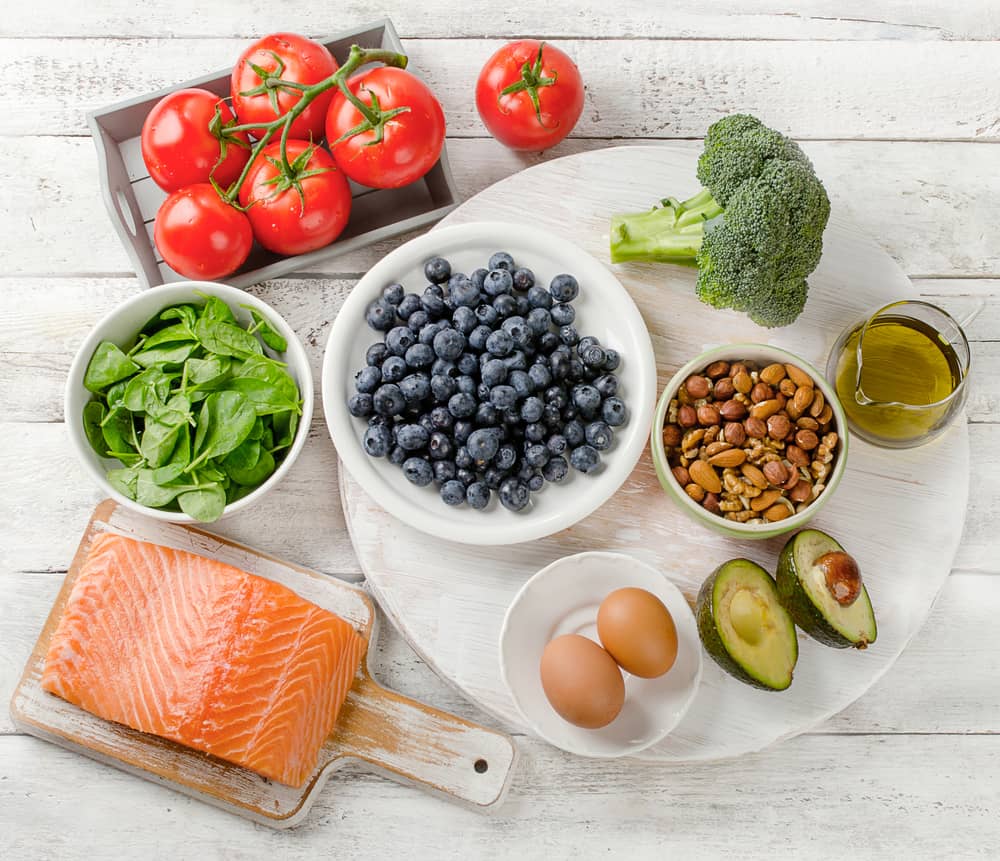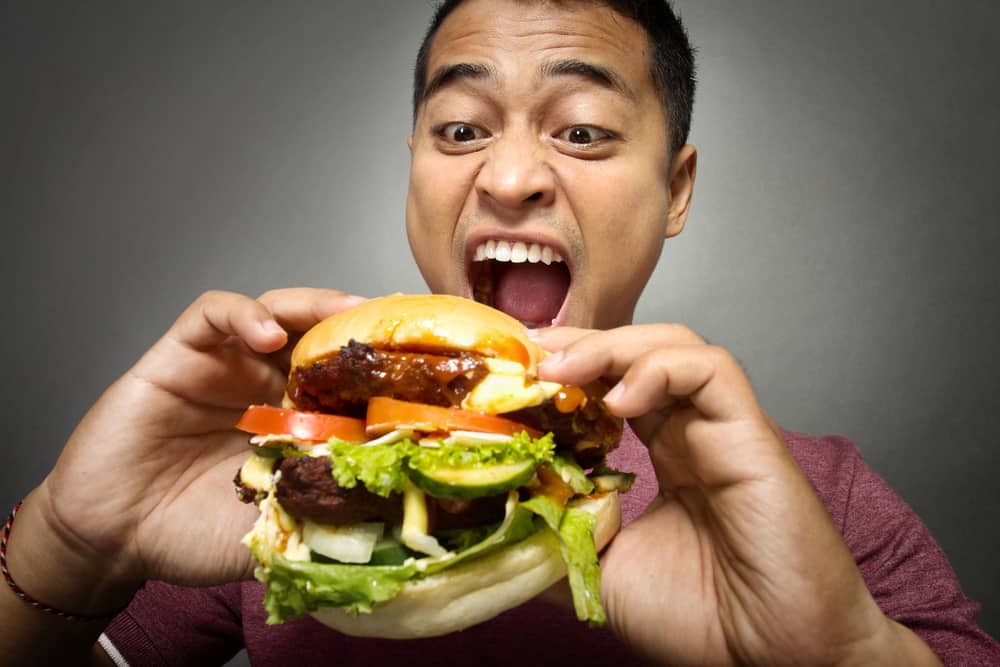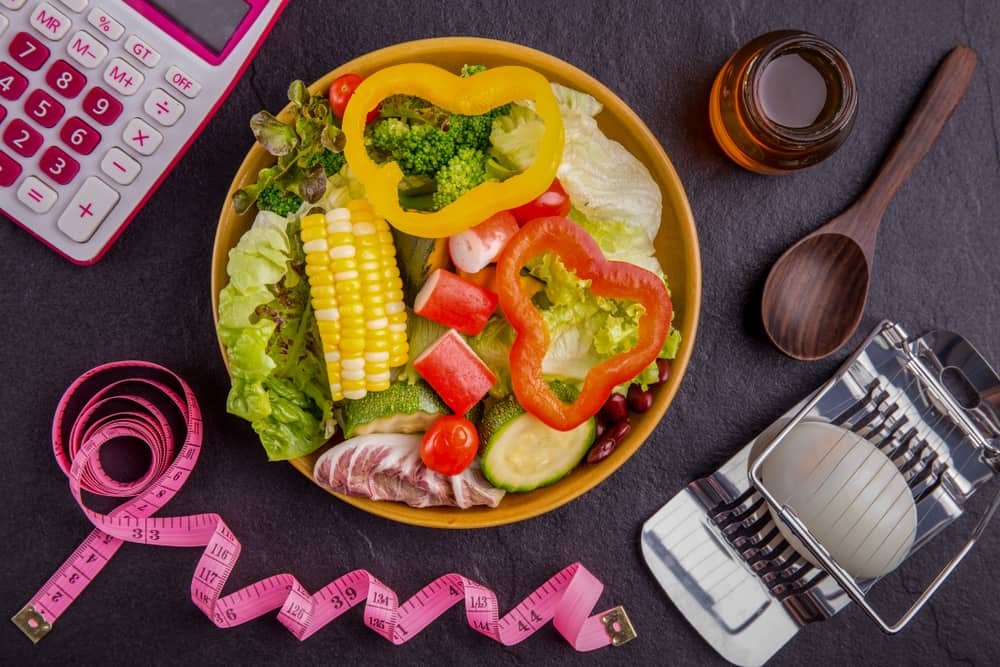Contents:
- Medical Video: How to Get the Most out of Vitamin Supplements- Thomas DeLauer
- How much vitamin C can the body absorb?
- How to increase absorption of vitamin C in the body
- 1. Don't cook food too long
- 2. Limit caffeine intake
- 3. Manage stress
- 4. Reducing high-sugar foods
Medical Video: How to Get the Most out of Vitamin Supplements- Thomas DeLauer
The body cannot produce vitamin C naturally so it must be taken from food or supplements. Vitamin C helps maintain endurance by increasing the immune system. So, this vitamin is very important to protect you from diseases such as flu or colds.
When undergoing fasting, the body does not get vitamin C intake as usual, and even tends to lack. Therefore, you must outsmart eating fruit or vegetables that are high in vitamin C during dawn and breaking fast.
Although vitamin C is easily found in food, it is not necessarily the body can absorb it properly. Then, how do you increase the absorption of vitamin C by the body? See how this works.
How much vitamin C can the body absorb?
Vitamin C is also called ascorbic acid, important for the formation of connective tissue, stimulates the formation of white blood cells, helps absorb fat and protein, and supports nerve function. Vitamin C is most easily found in foods such as guava, papaya, pineapple, kiwi, broccoli, cauliflower, cabbage, and chili. Vitamin C can also be found in supplements. However, the body's ability to use these vitamins is limited by the amount of vitamins that can be absorbed. This ability to absorb vitamin C is called bioavailability.
According to Nutrition Adequacy Figures prepared by the Ministry of Health, men aged 16 to 80 years and above need 90 milligrams of vitamin C every day. Meanwhile, women in the same age range need 75 milligrams of vitamin C per day. Reporting from Nutrition Over Easy, Monica Reinagel, MS, LDN states that vitamins absorbed by the body into the tissue at one time are indeed limited.
For example, you consume 200 mg of vitamin C in one drink, as much as 70-90 percent of vitamin C will enter the bloodstream and circulated throughout the body. However, if you consume 1,000 mg as well as vitamin C, only 50 percent will be absorbed by the body. The remaining unused vitamins will be processed by the kidneys and removed through urine.
To avoid wasting vitamin C in vain, Monica Reinagel recommends consuming 500 mg of vitamin C twice a day or 250 mg of vitamin C 4 times a day. This is better than drinking 1,000 mg of vitamin C at once. Yes, you are not recommended to take large amounts of vitamin C at once, which is more than 2,000 mg in one drink, especially when the stomach is empty. This can actually cause stomach irritation.
How to increase absorption of vitamin C in the body
Everyone's body is different. Some people may not be able to absorb vitamin C optimally, some can absorb vitamin C without problems. So to maximize the absorption of vitamin C in the body, consider the following methods.
1. Don't cook food too long
Vitamin C is one type of nutrient that is easily soluble in water. That is, vitamins are easily broken down when exposed to heat and water. In order for the content of vitamin C to remain intact, avoid cooking, baking, or boiling foods that contain vitamin C for too long. If what you cook is green vegetables, keep the vegetables green.
The better the nutritional quality of food, the greater the body's chances of obtaining its benefits. So, vegetables can be made soup or sauteed, but the texture of the vegetables is still crispy. While fruits such as apples and pears should be eaten with the skin, do not peel them. The important thing is that you have washed the vegetables and fruit thoroughly.
2. Limit caffeine intake
Caffeine is a diuretic, which makes the body produce more urine. When caffeine is in the body, vitamin C, which is very easy to dissolve, can be wasted with urine. In addition, caffeine also affects the function of the stomach and intestine cells so that vitamin C which is processed first by digestion becomes more difficult to enter the bloodstream.
We recommend that you reduce your caffeine intake while you are fasting so that your body can absorb nutrients properly. That way, your body stays fresh and can carry out all activities even if you are fasting.
3. Manage stress
Stress can have an adverse effect on your digestion. Cortisol, a hormone that appears when stress increases, can slow down the digestive system's performance. This risks the food you consume is not digested properly so that the process of absorption by the body can also be disrupted.
To manage stress that occurs when you undergo fasting, adjust your breath. It's easy, take a deep breath through your nose and hold it for a few seconds. Then, exhale slowly through your mouth. Continue until you feel more calm. This technique can provide a relaxing effect on your mind while making the digestive system work well again.
4. Reducing high-sugar foods
Vitamin C that you consume will be processed across the intestinal wall and will be processed for absorption in the small intestine. Vitamin C will be transported along with glucose. When you eat foods that are high in glucose, the amount of vitamin C that the body will absorb is less. Because, vitamin C is transported with glucose simultaneously.
To avoid disruption of absorption of vitamin C, you should reduce the number of servings of foods high in sugar or give a distance to eat both. For example, if you break the fast with banana compote, then give a pause of 30-60 minutes before eating apples or oranges that are high in vitamin C.
In addition, the amount of vitamin C absorbed also depends on how high the dose of vitamins you consume. So it's important to regulate the intake of vitamin C you consume. Consult your doctor or nutritionist if you have difficulty regulating vitamin C intake, either from food or supplements.
















